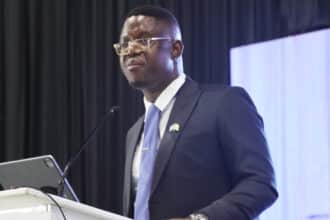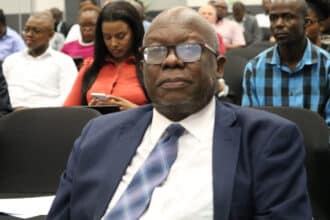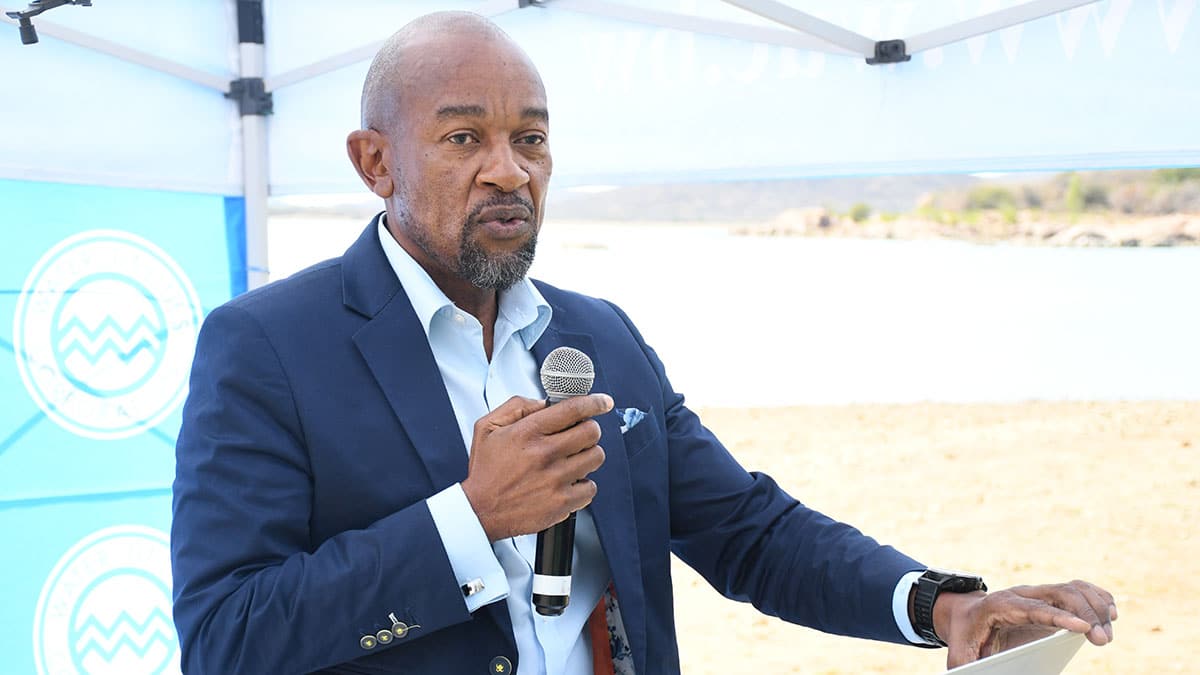The Chief Executive Officer of Water Utilities Corporation has set July 2024 as the final deadline when water will be fully available for residents in several cities, towns and big villages across the country.
The July 2024 deadline, according to Gaselemogwe Senai is the date around which WUC will have completed the envisaged upgrading of internal networks.
Complaints have recently increased that parts of some big villages across the country often go on for days without access to water.
In an interview with The Voice, Senai attributed the current lack of water in some villages to old and broken pipes that make up internal infrastructure.
These major villages, 18 in total include Molepolole, Kanye, Tonota and Serowe among others.
While these villages have been growing in size and population, the internal pipe networks have not been upgraded to bring them up to standard.
Senai said the full benefits of the huge investments in water infrastructure will become fully apparent to consumers in those areas once internal network upgrades have been completed.
The upgrades, the cost of which will run into billions of pula will form part of National Development Plan 12 (NDP 12).
Senai admitted that they are aware of public frustrations but added that WUC will fastrack all construction of upgrades just as it did with the construction of big pipelines to “bring water from where it is to where it is needed.”
He said much of WUC’s internal infrastructure in those big villages and cities is no longer fit for purpose.
Infrastructure, he said has become too old and inadequate to meet today’s requirements.
As a result, close to 40 percent of water is lost to leakages.
“In the beginning there was a heated debate among us at WUC on whether to start with upgrading internal networks in these villages and towns or start with the building of long water transfer pipelines,” said Senai. “And in the end we settled to start with water transfer,” he added.
That decision, Senai noted had some benefits including showing the true extent to which the network is leaking.
“We thought it would be much better to bring the water because even as the network is porous, some of the water would still arrive in homes,” said Senai.
Water or the lack of it is expected to play a big role as the country goes into elections next year around October.
Over the last few years Botswana government has given priority to water delivery.
That has seen an intensified construction of infrastructure, with billions already spent.
Even then there are still several places across the country considered hotspots because of acute water shortages and a correction of this scenario is what Senai is aiming to achieve by July next year.





